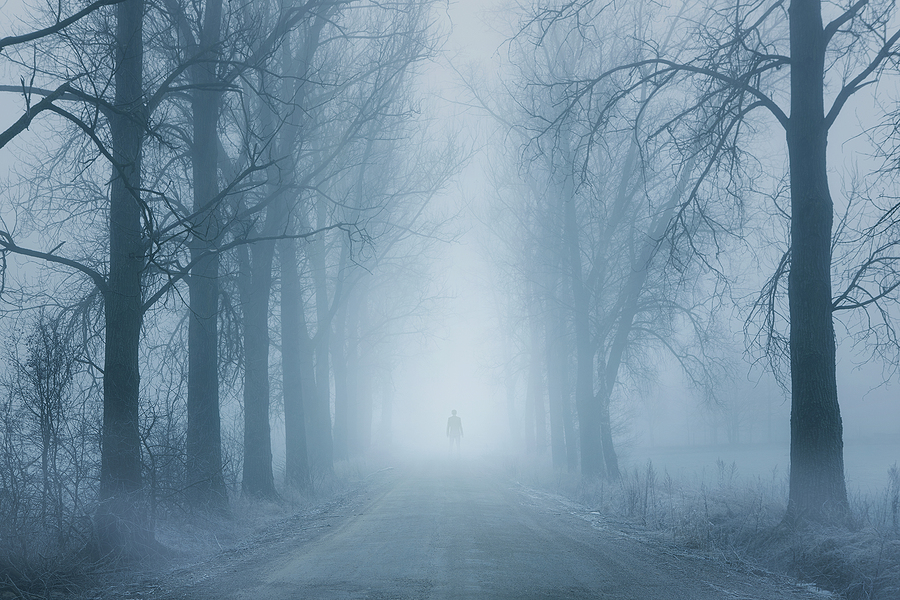
The Lure of the Journey: A Few Insights
The lure of the journey is an ancient one. Whether striking out to head toward an unexplored west, risking a small fleet of boats to see what is on the other side of the earth or sending spaceships into the sky to discover other life in the majestic universe, the need to explore can be as fierce as a craving.
But we learn, finally, that the riskiest, the most searing trip is the one we take when we at long last, stop. Whether through exhaustion or merely empty wallets, endless travel reveals more or less, more of the same. Even for those committed to the extremes, just how many mountains can be climbed before we can say enough?
Long ago, my shock at my serious consideration of the Catholic religion resulted in a conversation with a man who was a spiritual director. It was a term I had never before encountered, but this wise man gererously listened to my story. And my fear that this impulse to become Catholic wasn’t real. After so many years of searching, how could I trust this?
When he told me that the journey was always a masculine inclination, and that the decision to stop and call a place home, always feminine. I wanted to feel baffled by his observation, I needed to resist and discard it.
But I knew what he said was true. The lure of the journey.
My wise mentor explained a search I had been conducting for a number of years.
The exploration had consisted of numerous Christian and a few non-Christian denominations and most recently, trips to Delphi, Greece and Kyoto, Japan. Although I did not use these words, it was a search for the sacred. I felt that I had found what I’d been looking for and was terrified. And also an answer to the why of recent major upheavals in my personal and professional life, albeit a frightening one.
In reflecting on the masculine nature of journeys, I can understand that fear that long-ago me felt, the astonishment at the fact that it was over. I had found what I had been searching for and the alarm of commitment, of stability rang as a three-alarm tone. Perversly, the ‘finding‘ can be far more frightening than the search.
For those of who had walked away, conversion takes everything we have. And asks for more.
And more again.
Each year we Benedictine Oblates read the seventy- three chapters of the Rule of Benedict three times.
Today completes Chapter Fifty-Eight where Benedict discusses the process by which novices are accepted into the monastery, the arduous process by which they are to determine if they can embrace the vows of the Benedictine: Stability, Fidelity to monastic life and Obedience. Stability- the word beckons today just as it did when I first heard it in this context. But first, some explanation of that long ago conversation about journeys.
I knew the word stability as a medical term; vital signs stable. The Benedictine use of stability invokes the day-to-day often hum-drum battles of being civil when we don’t want to be, of remaining in a dispute rather than withdrawing to a safer place, one where we need not be authentic with ourselves and with others. Stability connotes enclosure; whether the enclosure of a monastery, family, faith or person hood. This is who I am; so very flawed, fragile and fearful but determined to be real.




Pingback: Father of Prochoice: Dr. Bernard Nathanson – Lin Wilder by Lin Wilder | Crossmap Blogs